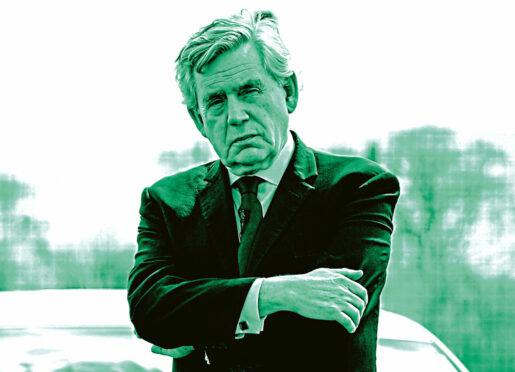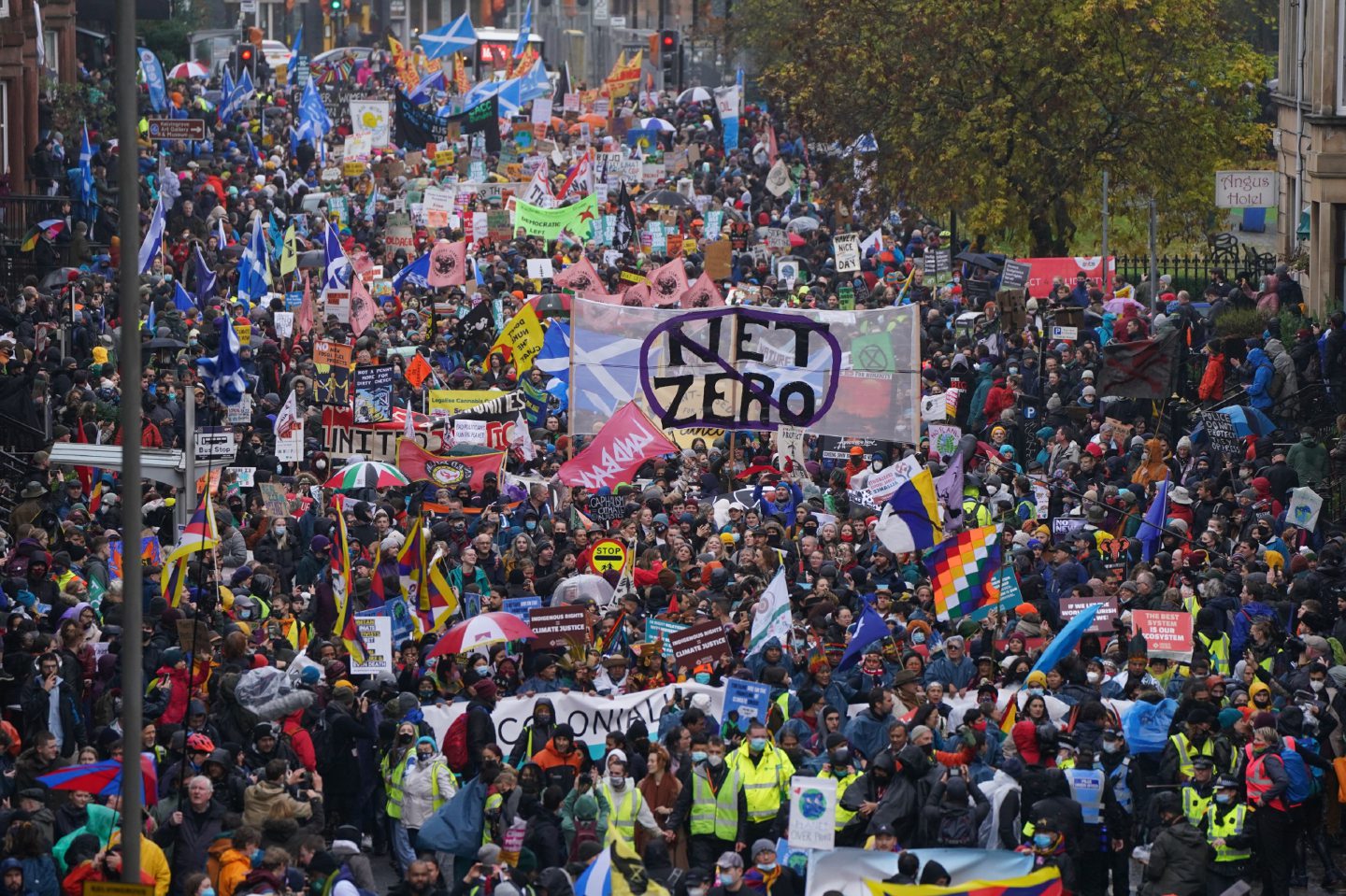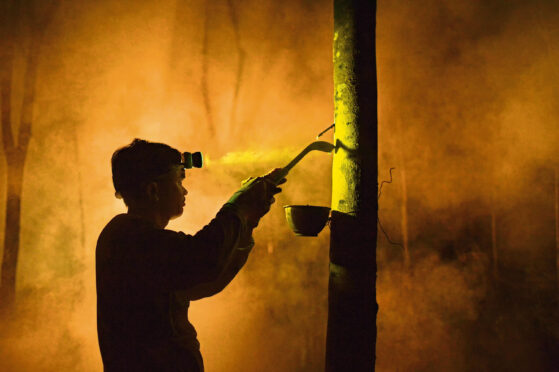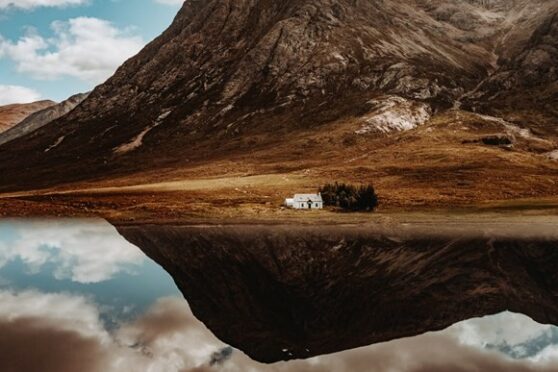
Seven days after Cop26 closed in Glasgow, it can be seen as the most significant climate summit since the Paris Agreement of 2015.
Coal, cars and even oil and gas are changing for good, while almost 200 nations have agreed to accelerate their efforts to cut carbon emissions over the coming decades.
But, while much was achieved in Glasgow, too much was not. And what Greta Thunberg described as “Blah, Blah, Blah” has turned into “Blame, Blame, Blame”.
Accusatory fingers are now pointing at the presidents of China, Russia and Brazil for not attending; at India and China for watering down commitments to cut out coal; and towards the rich countries for putting narrow economic self-interest before the existential imperative of combating climate change.
But to blame individual leaders for the limited achievements of the summit does not get us to the heart of the matter.
For a greater force is at play here, a surging tide of global nationalism that is affecting almost every country and now washing away the painstaking work of multilateralism.
Too many nations are now taking such a narrow view of their national interests that they have become free riders on the backs of others and international co-operation, whether on climate or Covid vaccines or nuclear disarmament has been set back and is in retreat.
This new global nationalism has become the dominant ideology of the age. Since the financial crisis of 2009, new forms of protectionism have brought an onslaught of tariffs, non-tariff barriers, and immigration controls. All this arose as the grand bargain of globalism, that a more open world would provide rising incomes for all, was seen to have failed.
So, from the middle of the last decade onwards, the offensive nationalism of President Trump’s stated policy of America First went global, being followed by “China first”, “India first”, “Russia first”, “Japan first” and, all too often, “my tribe first and only”.
We have seen an intensification of great power competition, the rise of a xenophobic, authoritarian populism that trades not on people’s hopes but their fears and the relegation of international diplomacy to a zero-sum game.
Pope Francis is not alone in arguing that the universal “we” is “crumbling and cracking” as a result of “myopic and aggressive forms of nationalism”.
“We are living in a moment when international co-operation has atrophied,” Barack Obama told Cop26, “in part because of the pandemic, in part because of the rise of nationalism and tribal impulses around the world, in part because of a lack of leadership on America’s part for four years.”
The descent into tribalism is so profound that even science, reason and logic are being dropped by the clenched hands of nationalism.
For months now, the evidence-based international panel for combating climate change (IPCCC) has been pressured behind the scenes by country after country to remove references to the scientific validity and logical necessity of cutting carbon emissions.
Saudi Arabia, Iran, Iraq and Opec have been demanding the deletion of oil as a pollutant; Australia and Japan the watering down of references to coal; and Argentina and Brazil demanding emissions caused by meat and plant-based agriculture are treated in the same way, scientific logic undermined by each country’s narrowly defined interpretation of its own self-interest.
We must go forward together or fall alone: Gordon Brown’s urgent call for global unity
So, while leaders at Cop26 happily signed up to announcements to accelerate investment in renewable energy, speed up the transitions to electric cars, champion a massive expansion of tree planting and even commit to long-term targets way beyond their political lifetimes, the whole turned out to be much less than the sum of the parts.
The promise after Paris was that, every five years, each country would ratchet up their ambitions to cut carbon emissions. The expectation was they would raise their own national ambitions into line with the global target.
But when each country’s commitments to near-term carbon reductions are added together, the likely temperature increase reaches 2.4˚C and could be even higher.
And, even when faced with this incontrovertible evidence, the best this leaders’ meeting can agree is to have another leaders meeting to sort things out.
Such is the retreat from international solidarity that the wealthiest countries did not even guarantee to deliver on their 12-year-old promise of $100 billion a year offer to help coastal states and developing countries hardest hit by climate-inducted droughts and floods, fires and famines.
Even a compromise $500bn over five years and proposals backed by Japan and John Kerry to use guarantees to meet the shortfall have not been pinned down.
A burden-sharing agreement where rich countries agreed to pay based on their wealth and their culpability for historic emissions would make sense. Seventy-five years ago, the world did agree on a burden-sharing formula to cover the costs of UN peacekeeping. In the 1960s, a similar burden-sharing deal was implemented to help finance the eradication of smallpox.
Yet today, the wealthiest countries are not prepared to sign up to such a predictable system of financing and, instead, the vulnerable states are reduced to relying on passing the begging bowl in the manner of a whip-round at a charity fundraiser to raise vital funds to build climate infrastructure like coastal defences against floods.
Climate-change activists who have campaigned with passion for a better deal cannot blame themselves for the Cop26 outcome.
All our international institutions from the UN to the IMF, World Bank, World Trade Organisation, and the World Health Organisation are each, in various ways, under attack from this tribalism and what might be called an international coalition of anti-internationalists.
It is difficult for even Boris Johnson to carry conviction as chairman of the conference when calling for countries to join together in a climate agreement when at the very same time he is himself at war with the EU over Ireland, fighting the French over fish, and threatening to break an international treaty he had signed only a few months before. In these circumstances, failures in summitry should not come as a shock.
We have to hope we can do better and over the next few months countries come to their senses over the scale of the climate threat. Glasgow decided that countries would meet again in Egypt next year to agree tougher near-term targets to cut carbon emissions to levels consistent with controlling global warming.
A working party has been set up to find the $100bn promised to the developing countries and to agree a formula for getting even more money for mitigation and adaptation in the years to come.
But what is needed most of all is what George Orwell called “a moral effort” to overcome the nationalist impulses that encourage nations to free ride on the back of others and prevents co-operation, which is the only way to deliver global solutions to global problems.
Here, Scotland and the rest of the UK should agree to take a lead by working more closely together on climate change.
Instead of competing to outbid each other on targets neither can ever meet. For us in Scotland, that requires the Scottish and UK governments to work together to super-charge the shift to wind, wave and hydrogen power.
If we are to honour the spirit of Glasgow, the promise to make Scotland “the Saudi Arabia of renewables” must finally be realised. The two governments should get together to plan how Scotland can lead the way in wind and wave power and in hydrogen.
Our long coastlines and our supplies of water give us huge advantages in creating carbon-free power.
I am ready to fight for a carbon capture and storage plant at Peterhead that would syphon off emissions and, while I’m pleased to see Harland and Wolff bringing back into use the Methil and Arnish yards for North Sea work, I want both Scottish and UK governments to reopen the now moribund Burntisland shipyard to make it a leader in wind turbine production.
The truth is that, whether it is through strengthening the interconnectors between Scotland and England or attaining the scale of investment needed in renewables, Scotland and England can only be at their best when they work together.
On their own, each can perhaps become a global power in renewable energy. Together, with each working closely with the other, we can become a world green energy superpower. That’s where our ambition for the future should lie.

Enjoy the convenience of having The Sunday Post delivered as a digital ePaper straight to your smartphone, tablet or computer.
Subscribe for only £5.49 a month and enjoy all the benefits of the printed paper as a digital replica.
Subscribe © PA
© PA

